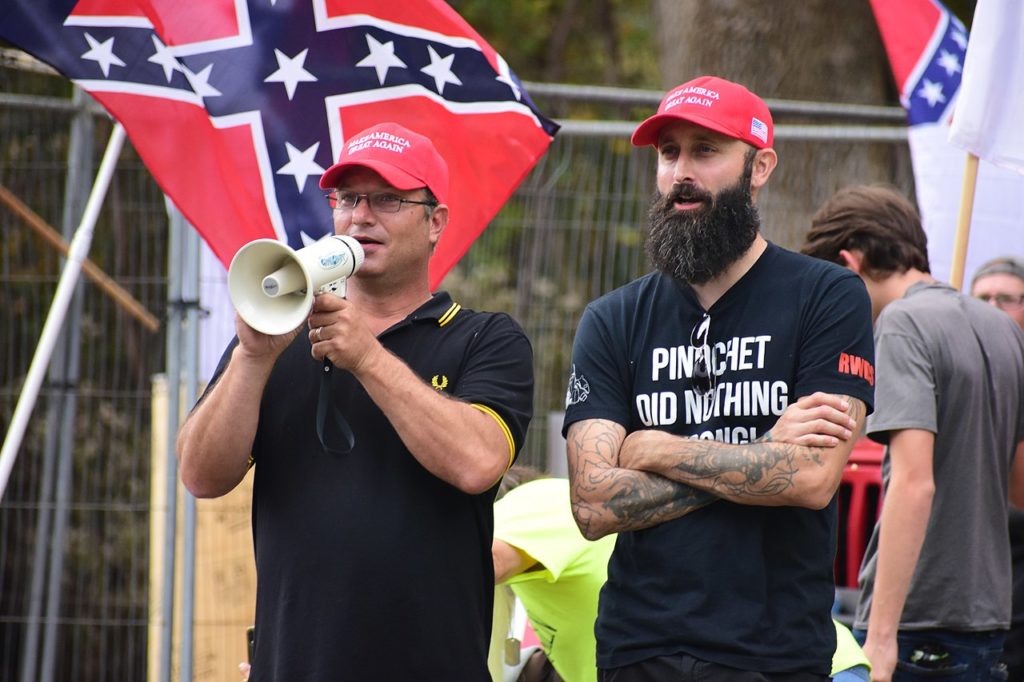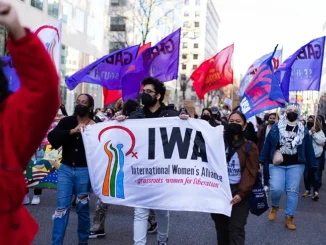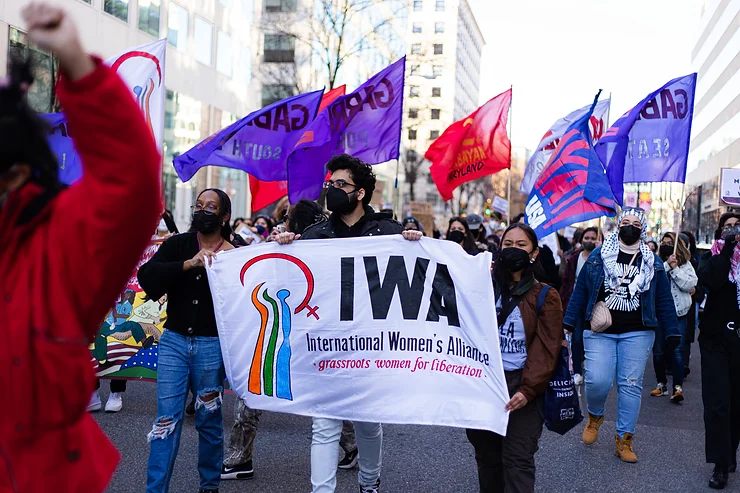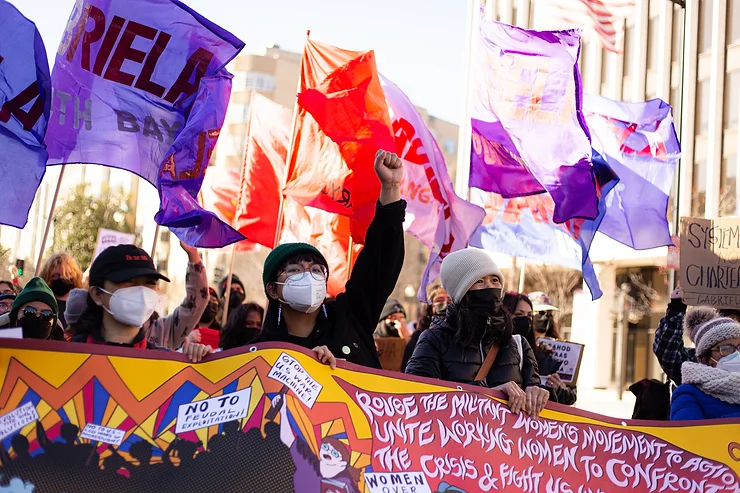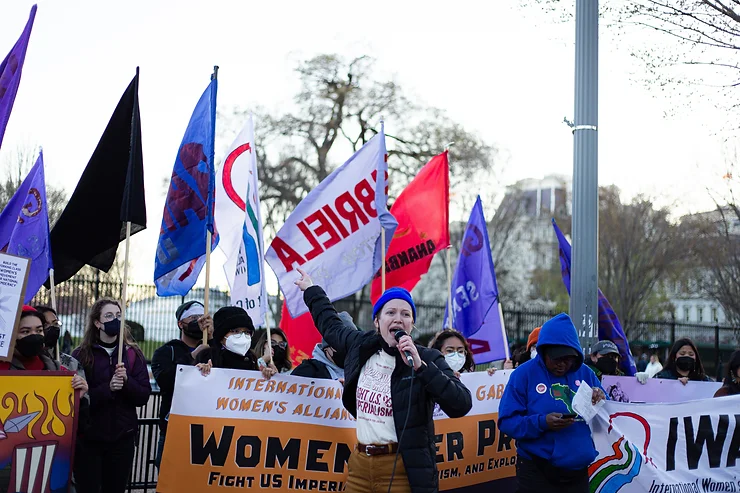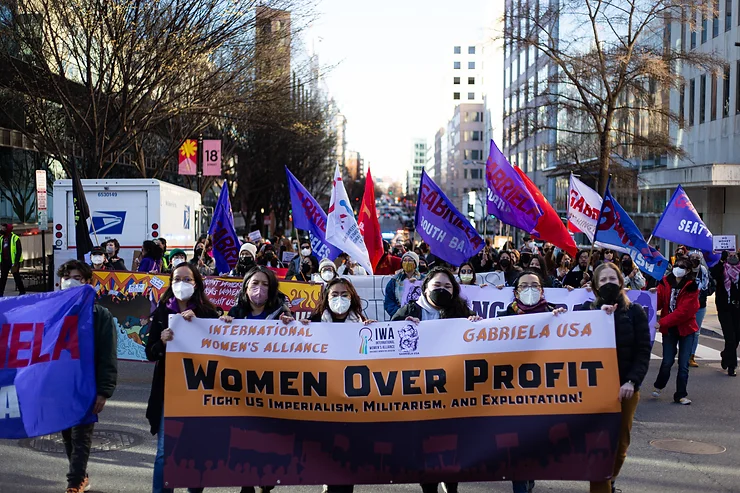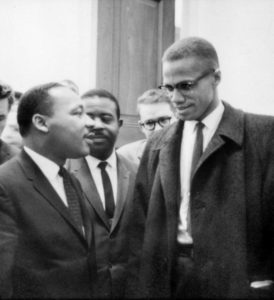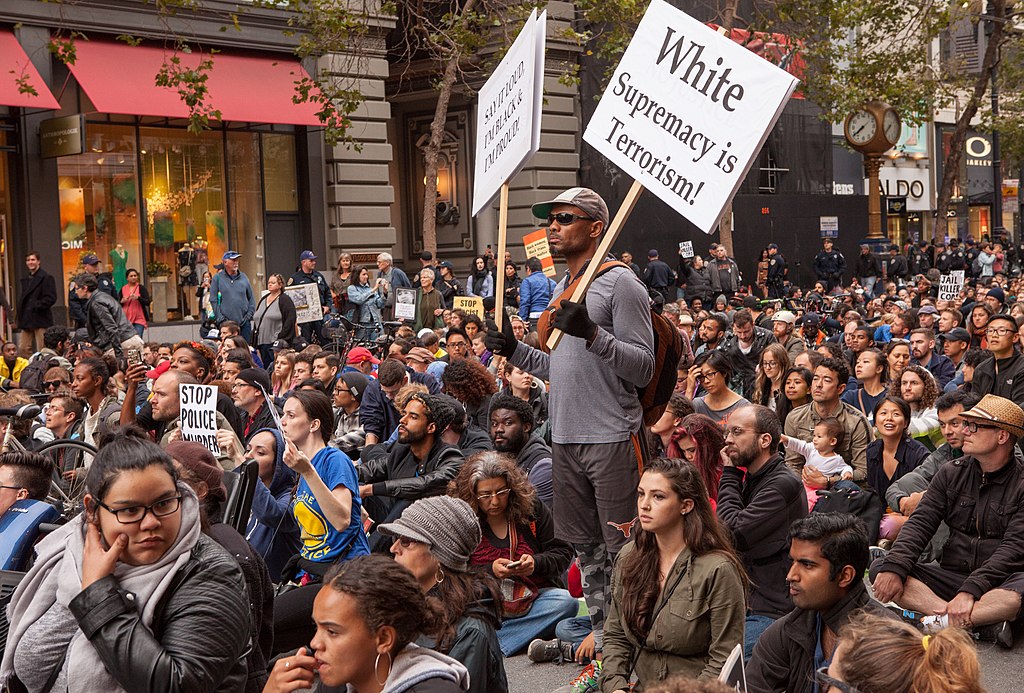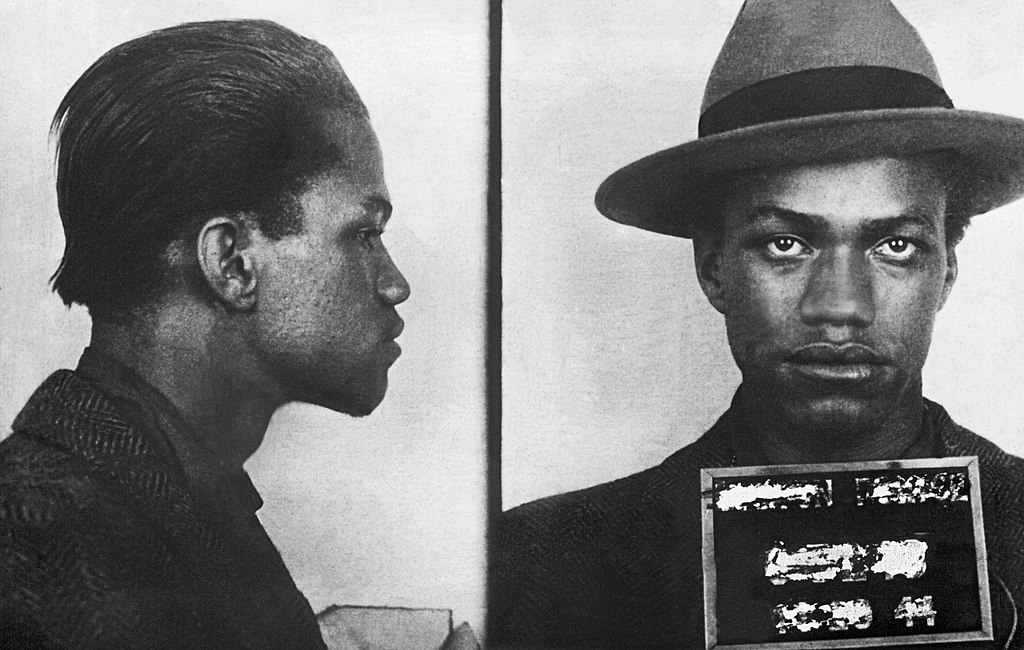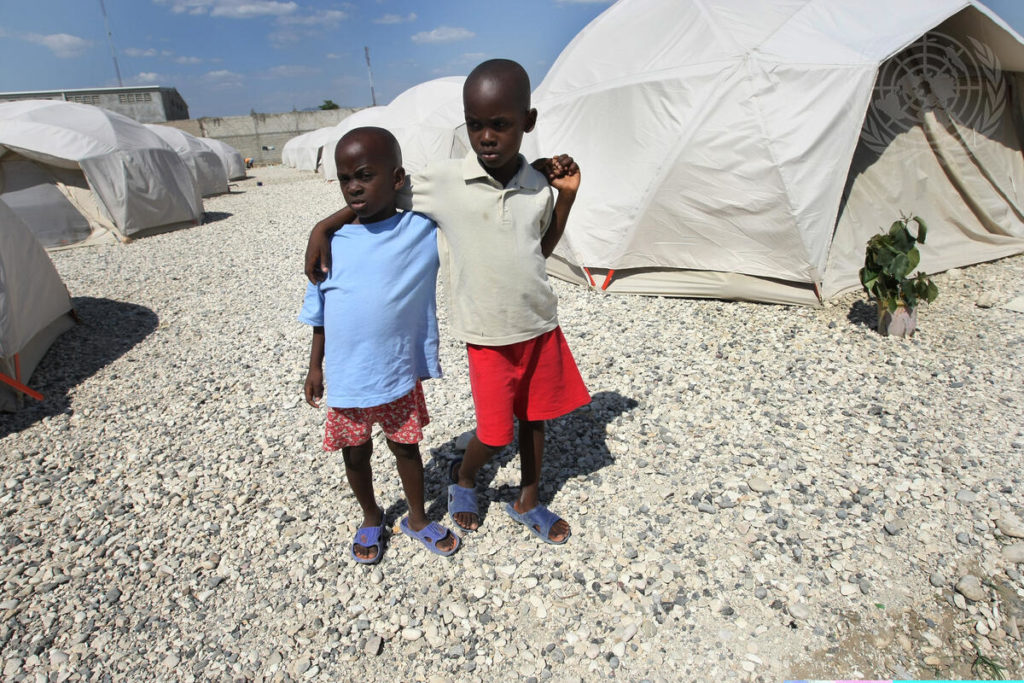
Correction: The event in Ciudad Juan Bosch took place in May.
SANTO DOMINGO, Dominican Republic—Manuel Dandré recounted a case of the injustice suffered by Haitians and Dominicans of Haitian descent.
Haitian parents of two girls had permanent residency in the Dominican Republic. Both children were Dominicans because they met the constitutional criteria that their parents be in regular migratory status at the moment of their birth in Dominican territory.
“In spite of this, the girls were detained,” Dandré, a lawyer, told this reporter. “The father had to go on a motorcycle to catch up with the bus that was transporting them.” With the intervention of United Nations International Children’s Emergency Fund (UNICEF) and UN-affiliated International Organization For Migration (IOM), the deportation was prevented at the border.
Unfortunately, that is but one case where a family was not broken apart. From January to November 2022, UNICEF had counted more than 1,800 unaccompanied children expelled to Haiti from the Dominican Republic, often without documents to prove that they were Haitians. In the midst of this situation, Dandré provides legal assistance through two organizations that assist Haitians and Dominicans of Haitian descent, the Sociocultural Movement of Haitian Workers (MOSCTHA) and the Jacques Viau Network.
A record-breaking 154,333 Haitian immigrants were expelled in 2022. That’s more than triple the yearly average of the period between 2017 and 2021. The Dominican government’s campaign of mass deportations is the latest episode in what human-rights advocates, and social and political activists, describe as a strategy to deepen racial discrimination.
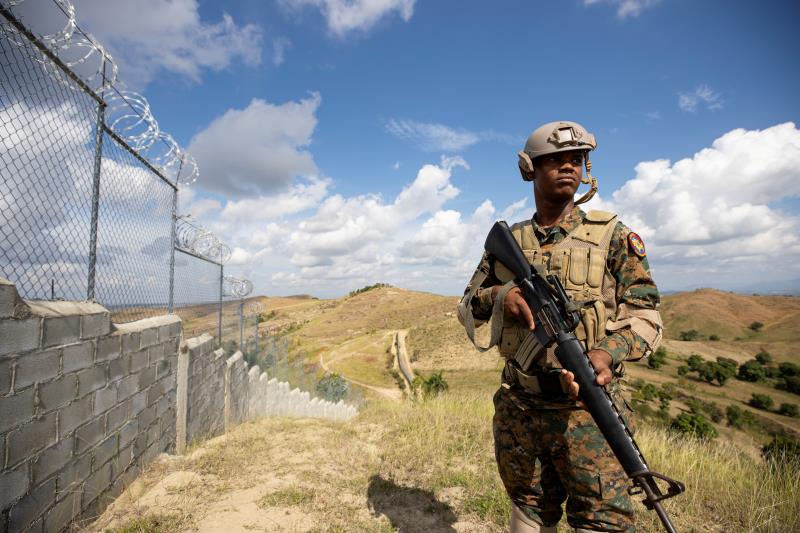
Deportations Continue Unabated
United Nations officials had called in November for an end to the mass expulsions of Haitian citizens. However, Dominican President Luis Abinader responded the deportations would not only continue, but would be accelerated. Abinader also issued decree 688-22, which creates a special police unit to target immigrants and orders the immediate expulsion of immigrants living on state or privately owned lands. This definition coincides with the reality of the Bateyes, communities established in sugarcane regions for migrant Haitian workers and their families.
On Nov. 19, the U.S. embassy issued a travel alert according to which travelers to the Dominican Republic “reported being delayed, detained, or subject to heightened questioning at ports of entry and in other encounters with immigration officials based on their skin color.” U.S. Customs and Border Protection (CBP) stopped the entry of raw sugar and sugar products produced by Central Romana Corporation, which operates in the eastern part of the country, stating it had found indicators of forced labor.
The Dominican Ministry of Foreign Affairs’ response stressed that the “humanitarian, social and political” crisis in Haiti “seriously affects the national security of the Dominican Republic.”
“The Dominican government would never have imagined such serious insinuations about our country, whose population evidences in its skin color a wide melting pot of races,” added the official note.
Central Romana, owned by the Cuban-American Fanjul family, replied that CBP’s remarks “do not reflect the policies and practices of Central Romana.”
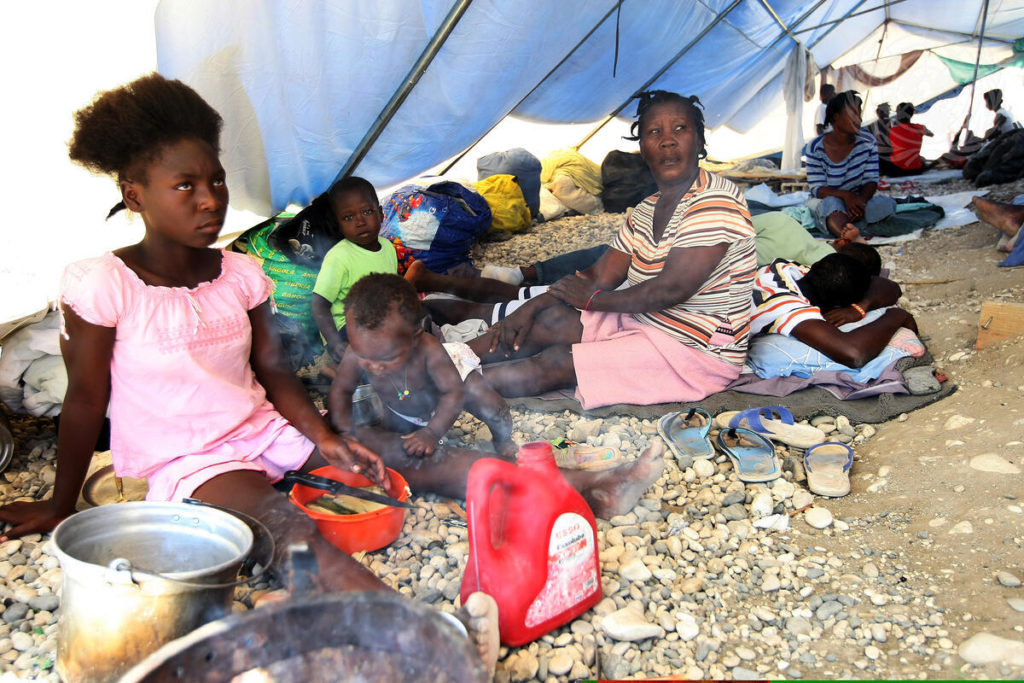
Extorting Relatives of Detainees
Dandré, born in 1960, is himself one of the more than 200,000 Dominicans of Haitian descent affected by a denationalization policy initiated in 2004, when the migration law defined immigrants without visas as persons “in transit,” to exclude their children from acquiring Dominican nationality at birth. This policy culminated in 2013 with Constitutional Court ruling 168-13, which retroactively applied the criteria of the 2004 General Law of Migration to all born after 1929. Widespread international condemnation ensued. After litigation, Dandré regained documents certifying his Dominican citizenship.
Dandré told this reporter about a 16-year-old girl who was detained by the police and taken to the immigration detention center in the town of Haina, on the outskirts of Santo Domingo, where she was held for nine days. The law prohibits the detention of minors, pregnant women and elderly people in immigration proceedings, but such violations of the law are frequent, he said.
“The Haina detention center is overcrowded and in terribly unsanitary conditions,” Dandré explained. “If a detained person has relatives who bring food, the officers demand payments to deliver it—they extort them.”
When it was imminent that the court would order the release of the girl, she was handed over to another institution, the National Council for Adolescence and Childhood, which carried out her expulsion to Haiti.
“She should never have been taken to Haina, where most of the detainees are men,” Dandré pointed out.
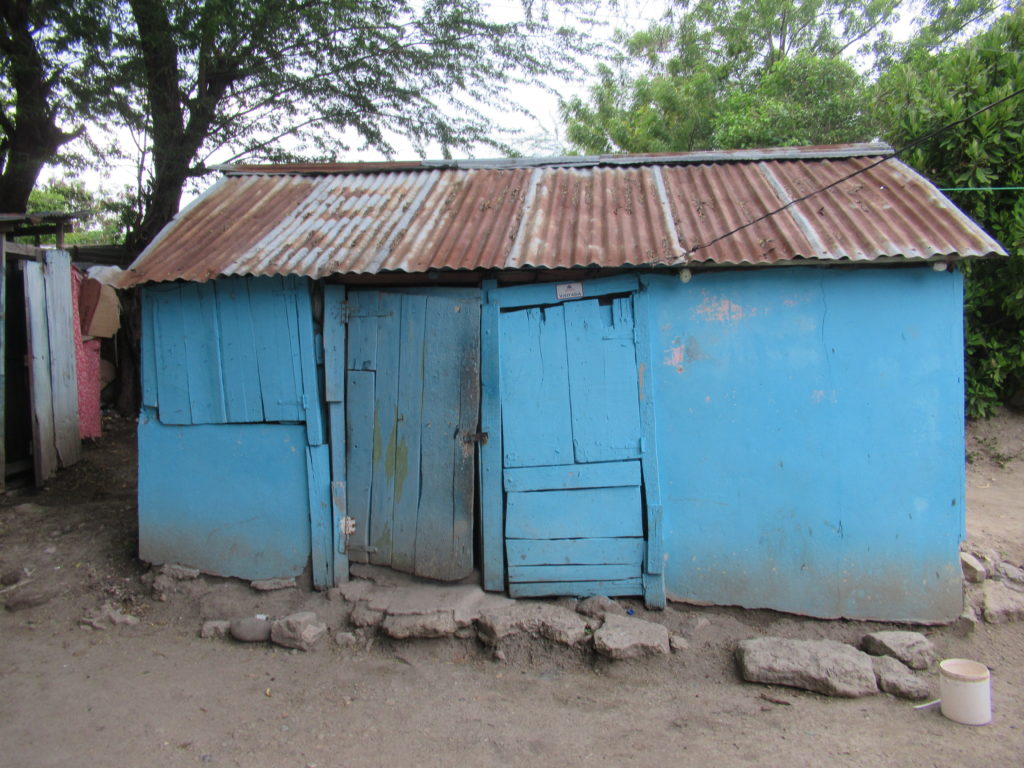
‘Dehumanization’ of Haitian People
Ana Belique is one of the young leaders of the Movimiento Reconocido, which fights for the restitution of Dominican nationality to the people affected by ruling 168-13.
“In 2004, the new Migration Law was made and, in 2010, the Constitution was changed. Both changes are strategically designed to limit the rights of Haitian immigrants in the Dominican Republic,” Belique pointed out.
A statement signed by Movimiento Reconocido and dozens of Dominican and Haitian organizations describes this strategy as the imposition of systematic racial discrimination, warning about the risks of ethnic cleansing and apartheid.
Belique has first-hand knowledge of cases of foreigners who have suffered discrimination because they “look Haitian.” She mentions Caribbean and African exchange students, as well as the case of two Black U.S. citizens besieged in May by neo-Nazis and National Police officers in Ciudad Juan Bosch, a suburb in the eastern part of Santo Domingo.
“What worries me most about the current campaign of mass deportations is the dehumanization against Haitian people,” Belique added.
On Dec. 2, representatives of social organizations met with Dominican Attorney General Miriam German.
Among the complaints they presented regarding human rights violations against the immigrant community were the murders of Joel Lolo and Delouise Estimable. Lolo, a 18-year-old construction worker, was shot in the head by an immigration agent during a warrantless raid on his home in Las Matas de Farfan in March, while Delouise was beaten to death in a truck in the northern province of Valverde in July.
Little more than a week later, an illegal raid took place of the offices of the Dominico-Haitian Women’s Movement (MUDHA), one of the organizations represented in the meeting with the Attorney General. In a joint statement, social organizations denounced that raiding agents wore military intelligence uniforms.
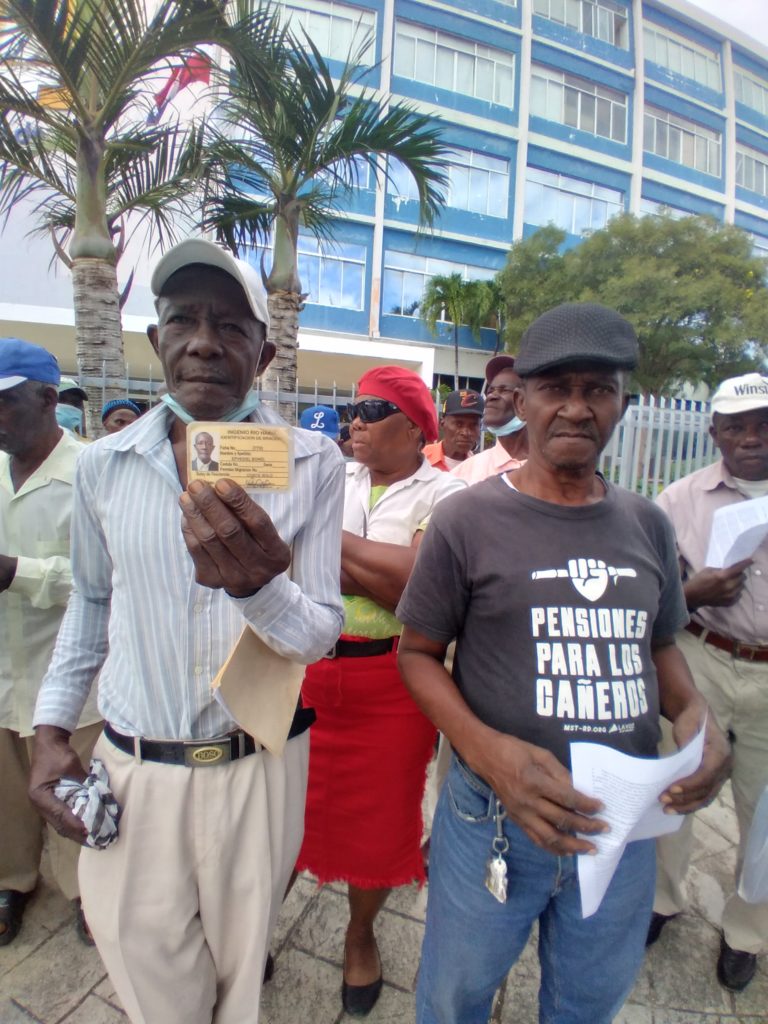
‘To This Day, I Am Without a Pension’
Meanwhile, thousands of Haitian sugarcane workers who arrived in the country between the 1960s and 1970s, like Belique and Dandré’s parents, have organized in the Union of Sugarcane Workers (UTC) to demand the payment of their pensions. Around 15,000 sugarcane workers have been waiting, many of them taking to the streets for years. Some have passed away without the state recognizing their claim. On Dec. 7, they rallied again in front of the Ministry of Labor in Santo Domingo, to demand an end to forced labor in Central Romana.
“I joined in 1972, I worked in Altagracia, in the State Sugar Council,” recounted retired sugarcane worker Yega Fabián. “When I went to the sugar mill they gave me a machete, a sack and sent me to cut cane. I applied for the pension in 2012. To this day, I am without a pension. I have six children and 13 grandchildren. All of them have an identification card, but not me.”
The protest, to the traditional cry of “No sugarcane workers, no sugar,” was marked by news that another retired Haitian sugarcane worker, Lico Alerté, had died early that morning.
Alerté never received his pension.
Vladimir Fuentes is the pen name of a freelance journalist based in the Dominican Republic.


